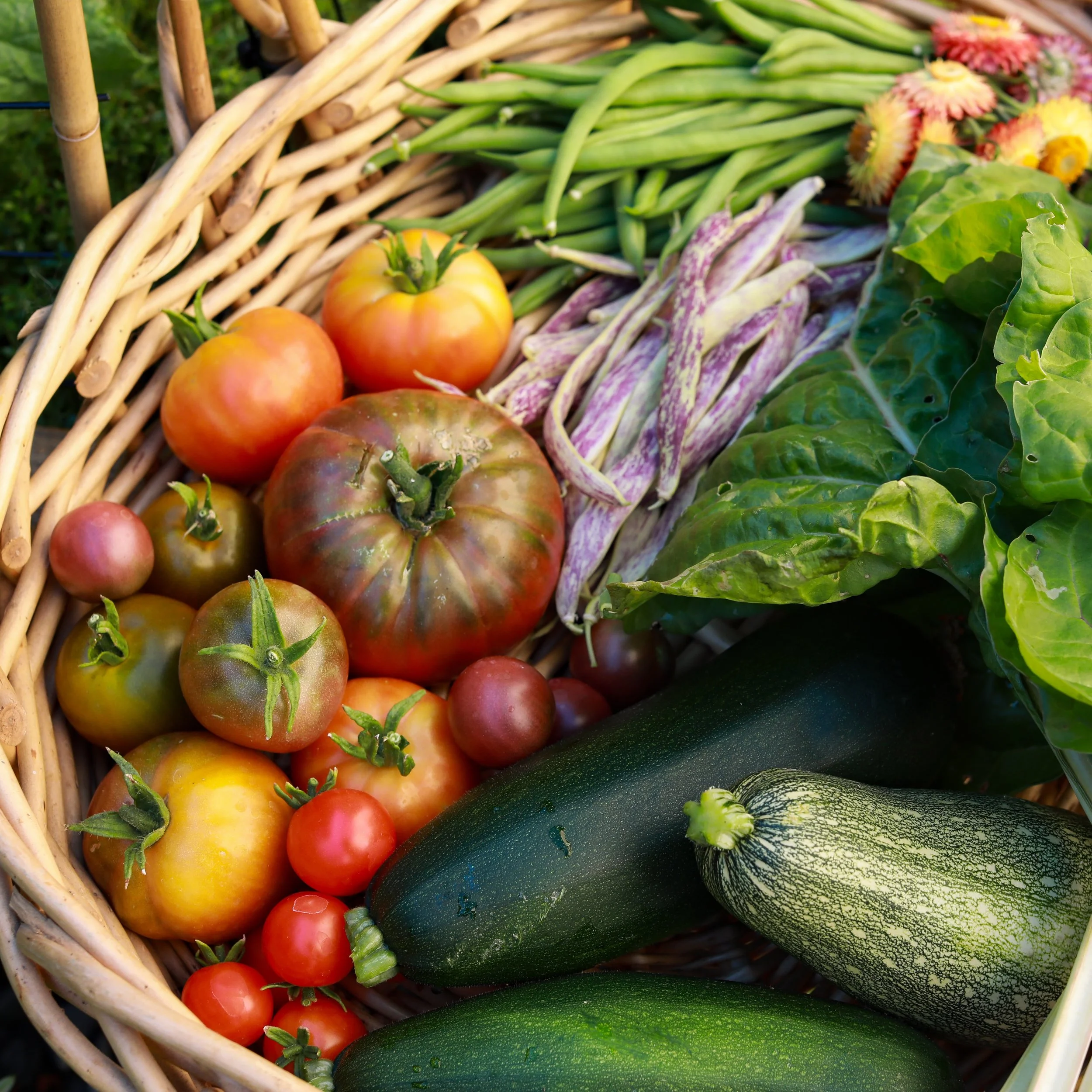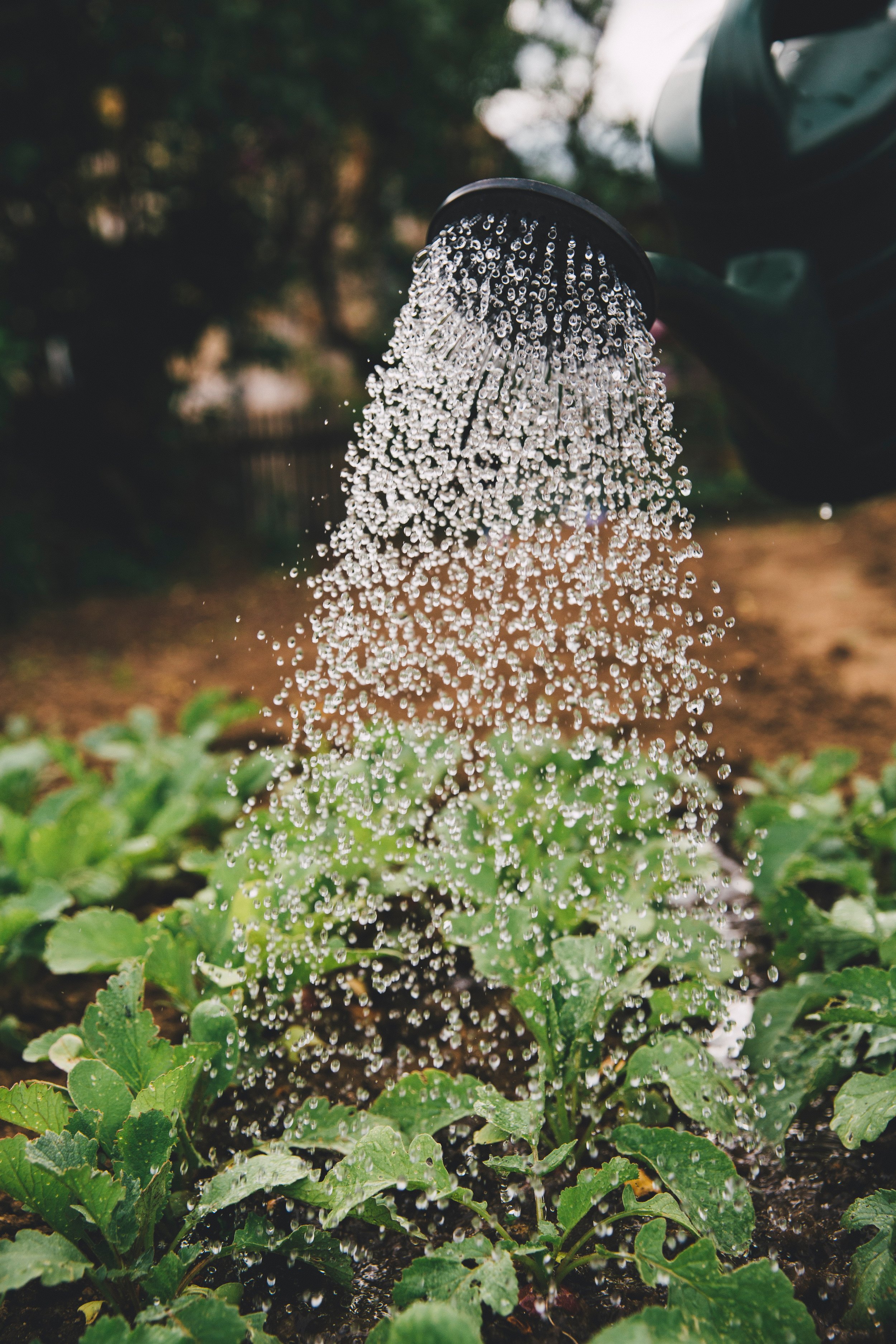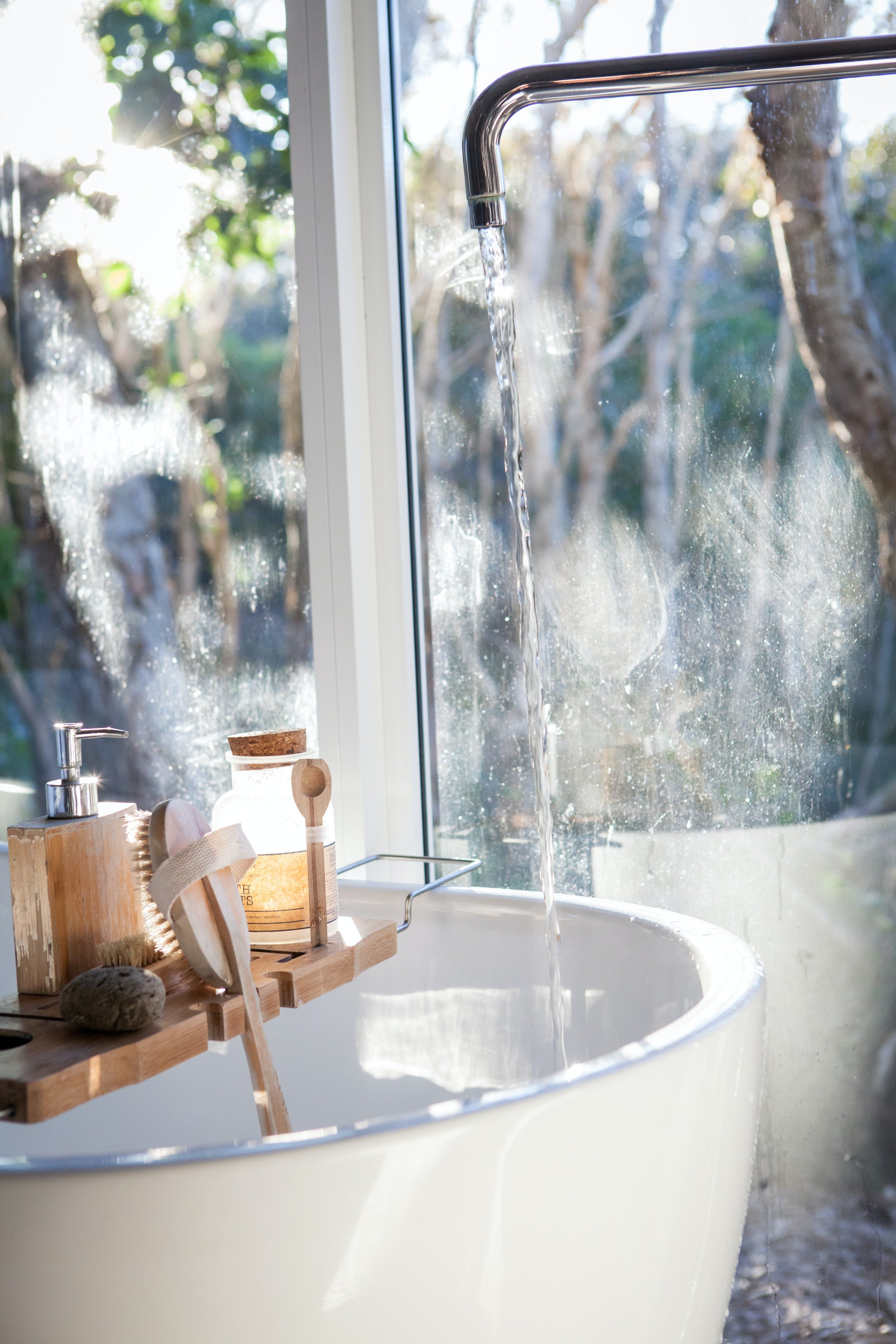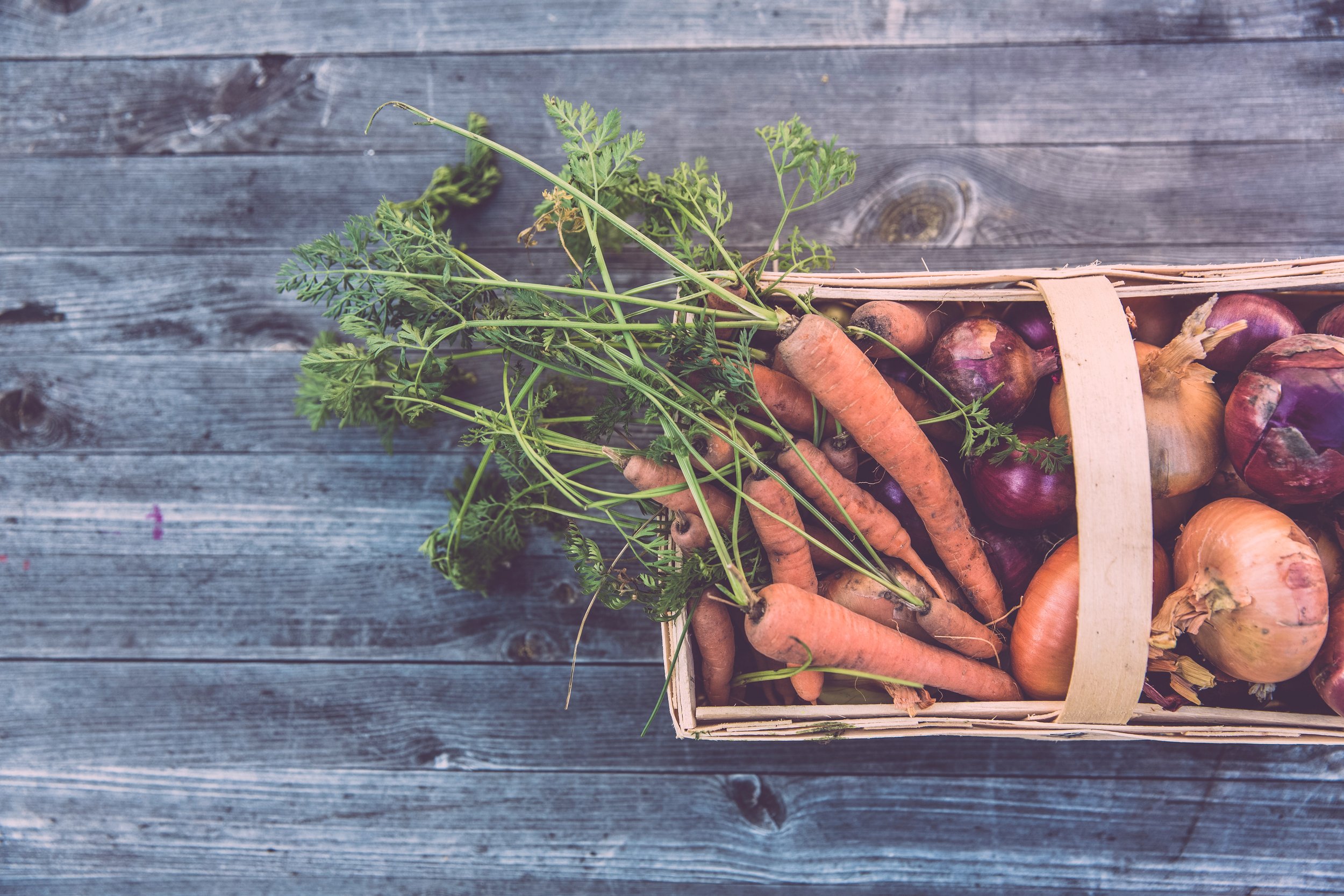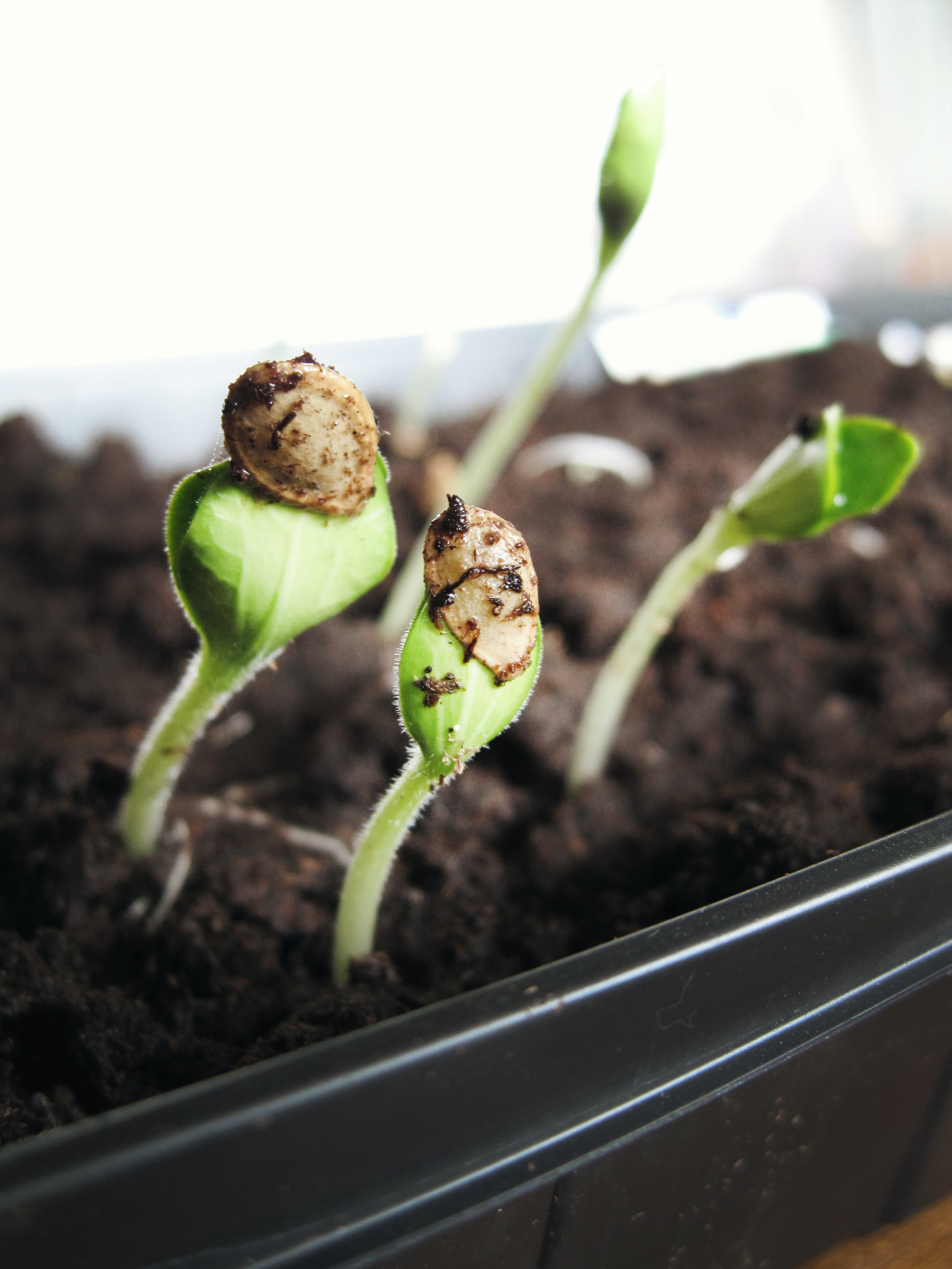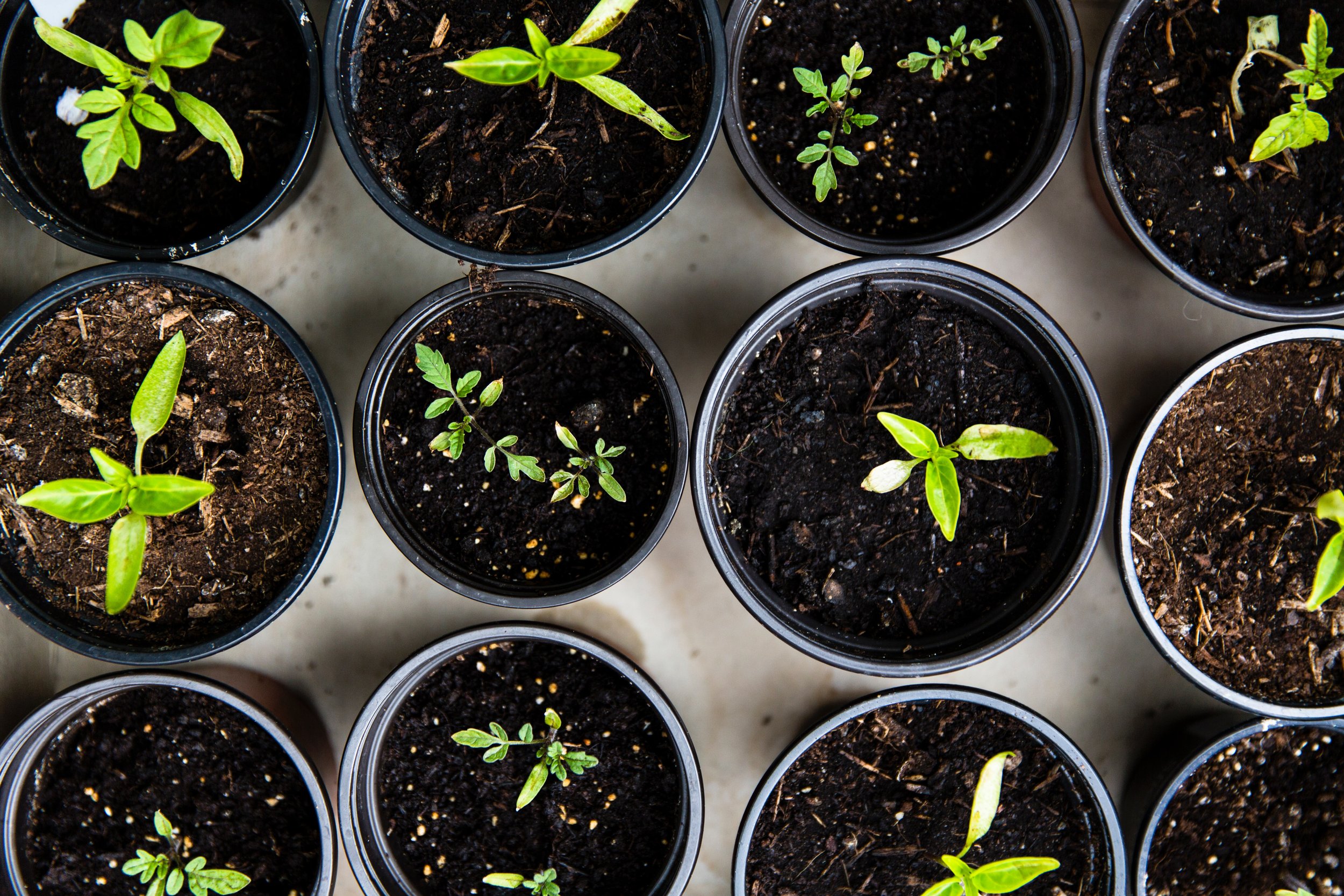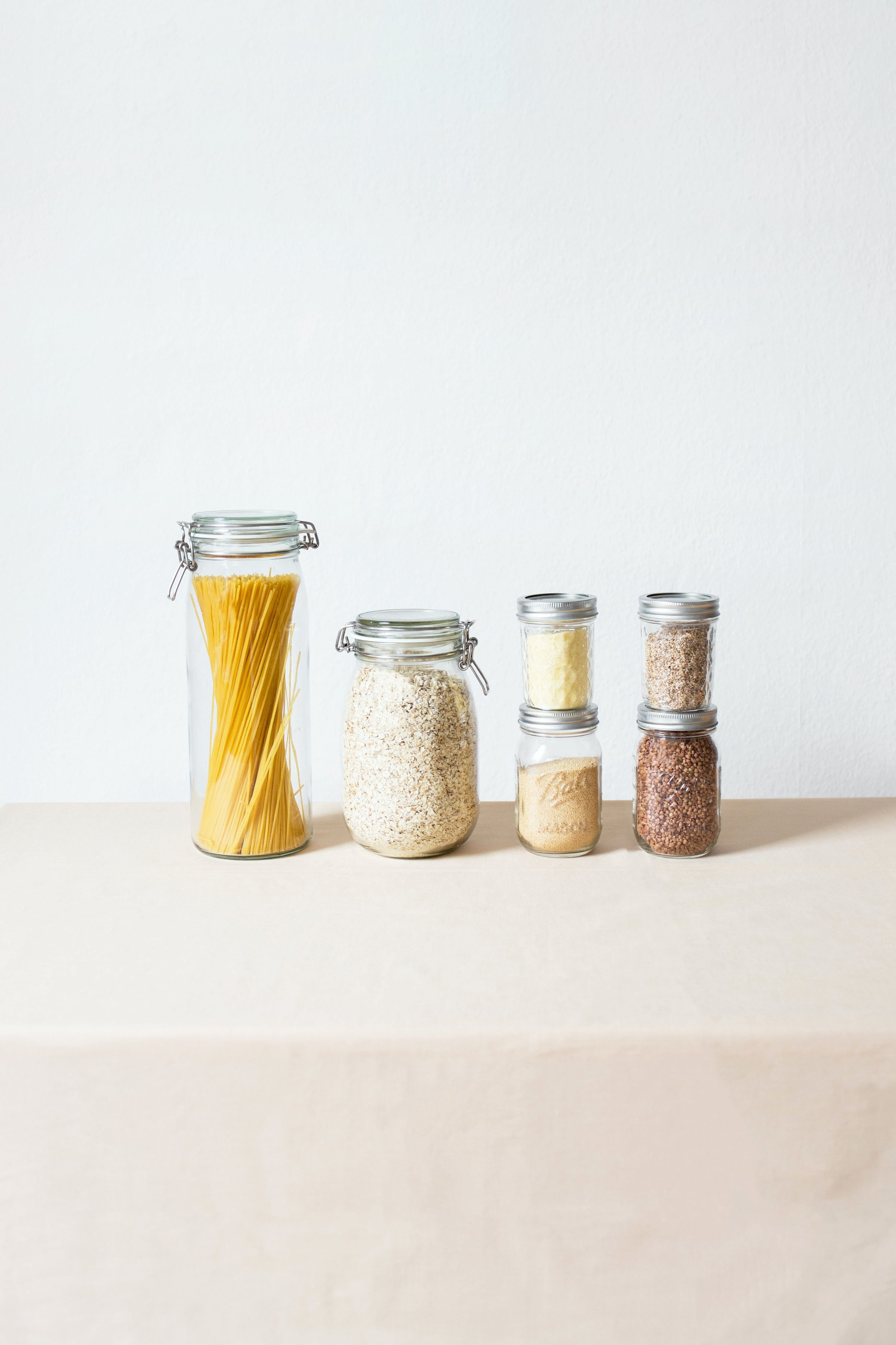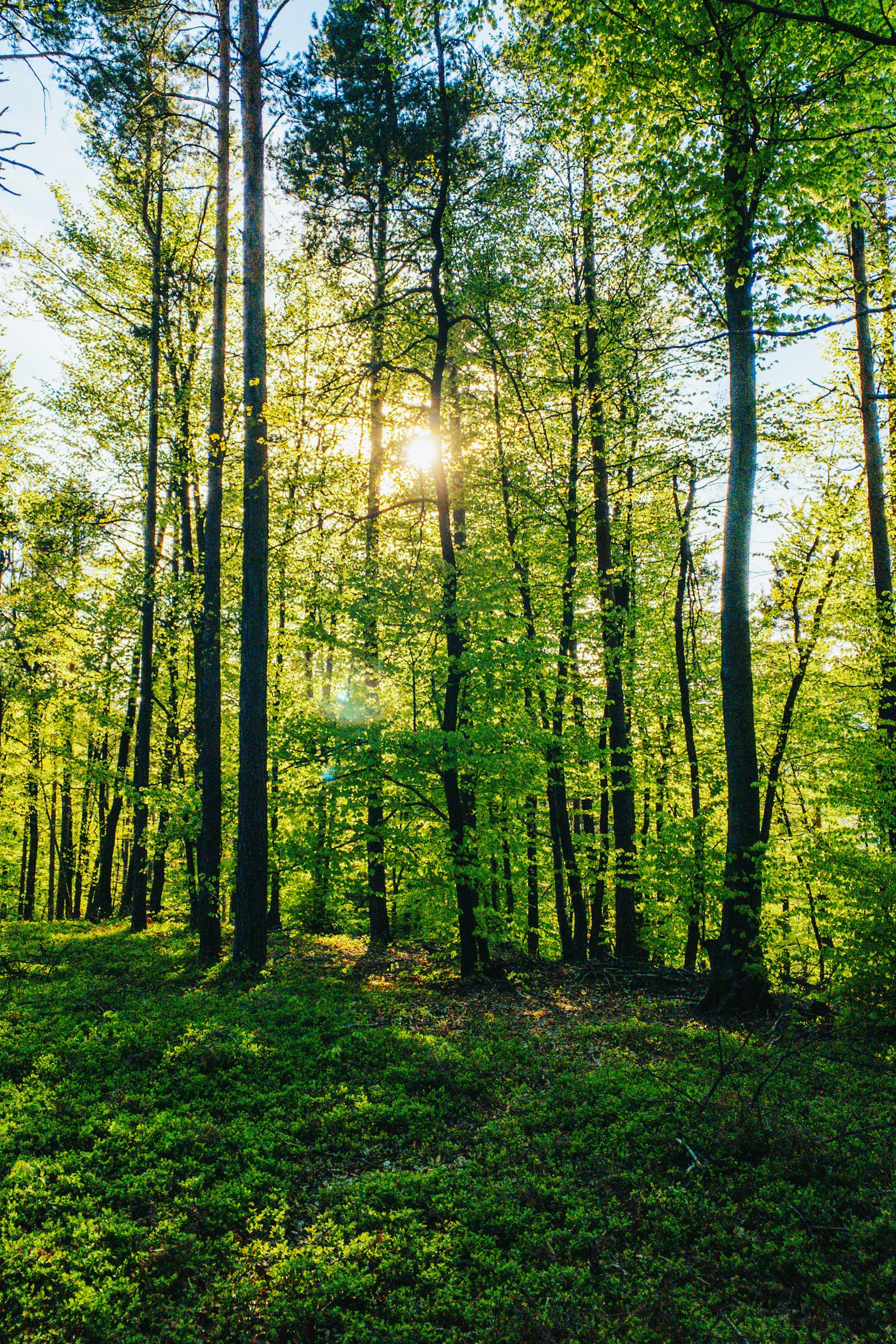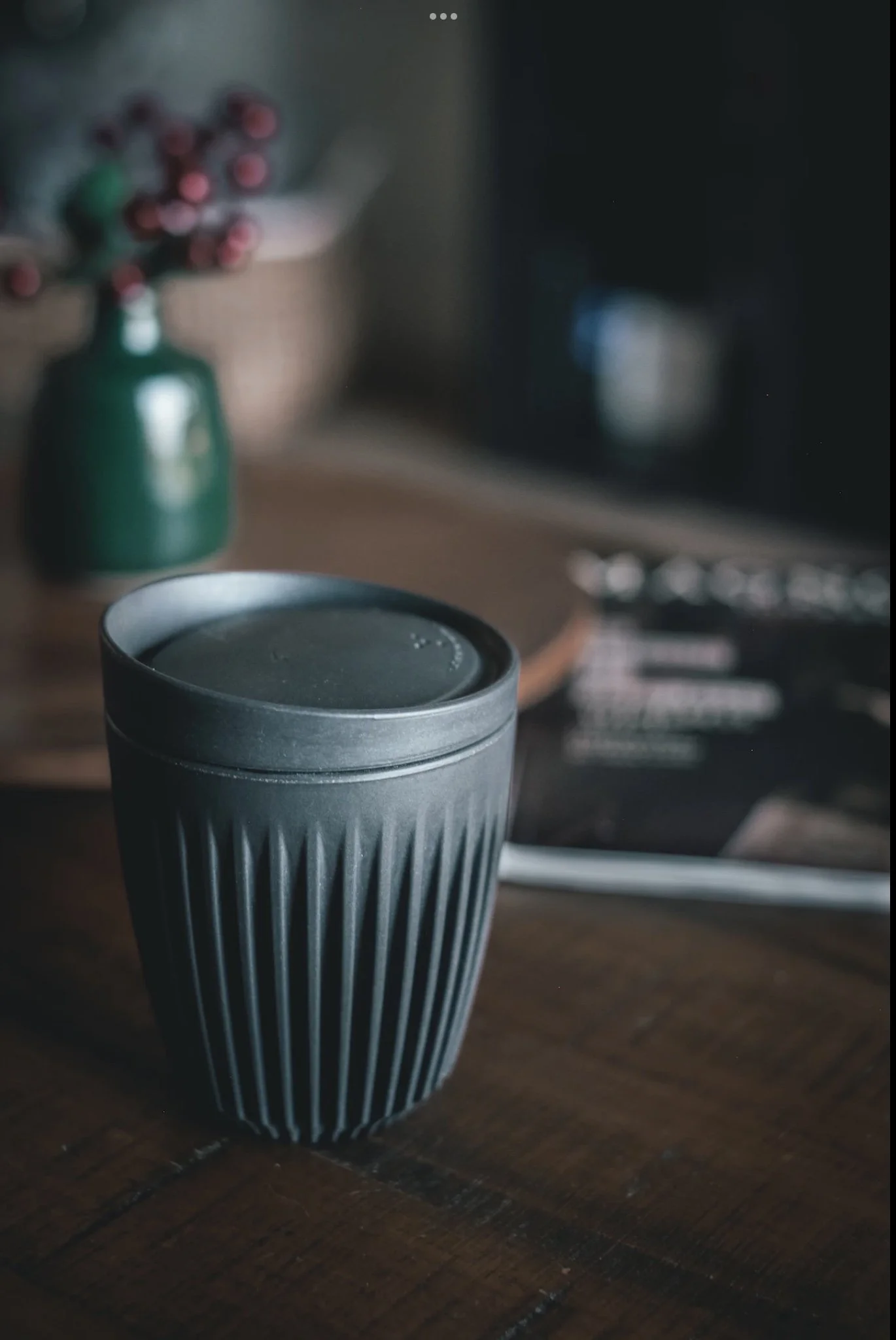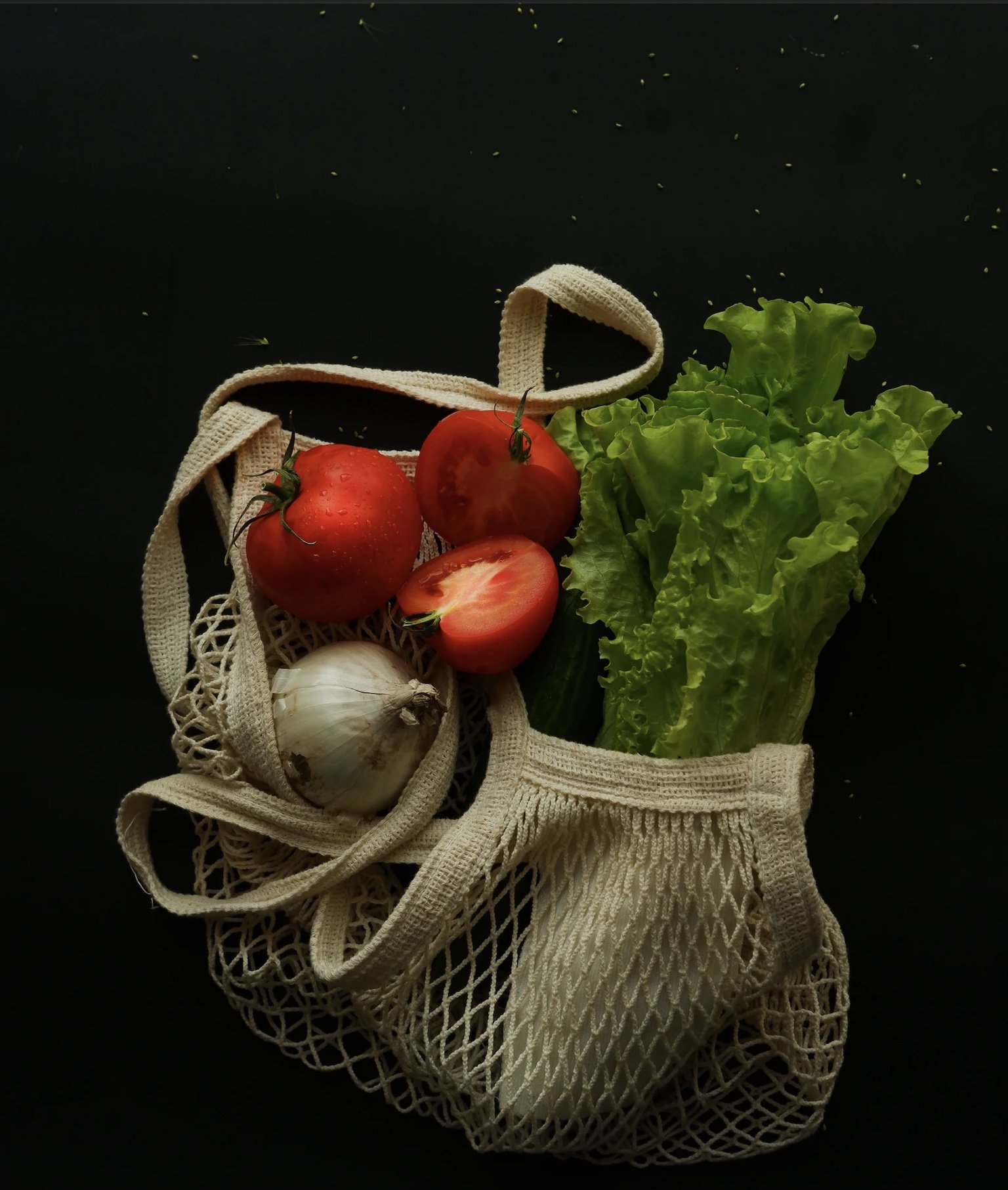Organic September is raising awareness of the incredible benefits of organic farming. It is extremely beneficial for the climate nature and our health. It encourages people to produce and consume organic products.
Organic farming promotes ecological balance of the natural resources and prevents consumption of harmful chemicals and protects the wildlife and environment.
Here are some tips for being more organic:
- Join an organic community
This will help with research and finding out information on where to buy products and be supported by like minded people. There are many Facebook groups and local community groups you can join. You can sign up to organisations that send out emails on sustainable living. Some places do community vegetable boxes that are grown by locally
- Grown your own vegetables
The best way to be organic and to know there are no chemicals and pesticides on your produce, is to start growing your own. Start off small with something easy to grow. You can use peat free compost and pollinator plants. It’s also a great idea to start a compost bin to add nutrients to your soil, and also install a water butt bin to capture rain water to water your garden. This saves on water using the hosepipe.
- Organic beauty
Try look out for the soil association symbol on beauty and wellbeing products to make sure you’re supporting small businesses that don’t test on animals and don’t use controversial chemicals parabens and phthalates, synthetic dyes or fragrance. Natural organic products are always better for your health and the environment.
There are also cleaning products and household products that have cruelty free logos and less chemicals.
- Your choices count
We have the power to change the food system by what we purchase and what we grow and cook. We can all make positive choices that help make a difference.
- Support local
Supporting your local community is a great way to help local small businesses grow and get organic home grown produce without the carbon footprint.
- Organic on a budget
There are great food waste places that save food from going to landfill. These outlets offer some great organic produce and as it’s usually available in bulk, plastic packaging is kept to a minimum. Growing food from seed is also a cheaper option. You can always regrow food ends like celery in water to make them go further. Look out for cheap wonky fruit and veg or produce that is past or close to it’s best before date.
- Eat with the seasons
These is a great way of getting the tastiest produce at the right time of year. It also reduces food miles from the field to your plate.
- Reduce, Reuse, Recycle
The best way to be zero waste with shopping is to bring your own grocery bags.
There are also many zero waste refill shops where you can take your own containers to fill up with produce and save money too.
- Find joy in nature
Go walking outside, go forest bathing, be at one with nature this is great for your body and mind.
- Start eating less meat or become vegan
This is the single greatest thing you can do to dramatically lower your carbon footprint and live a healthier lifestyle packed with fruit and vegetables.
- Organic fashion
Buying clothing with organic fibres is beneficial for you, the people who harvested the materials, and the workers that made your clothes, as it is not grown with pesticides and chemicals, which can have a harmful effect on the skin, environment and local wildlife.
Choose natural organic fibres from sustainable designers or second hand shops.
Joining in with Organic September is a great introduction to living a more organic lifestyle. We hope this inspires you to develop and keep these habits.




